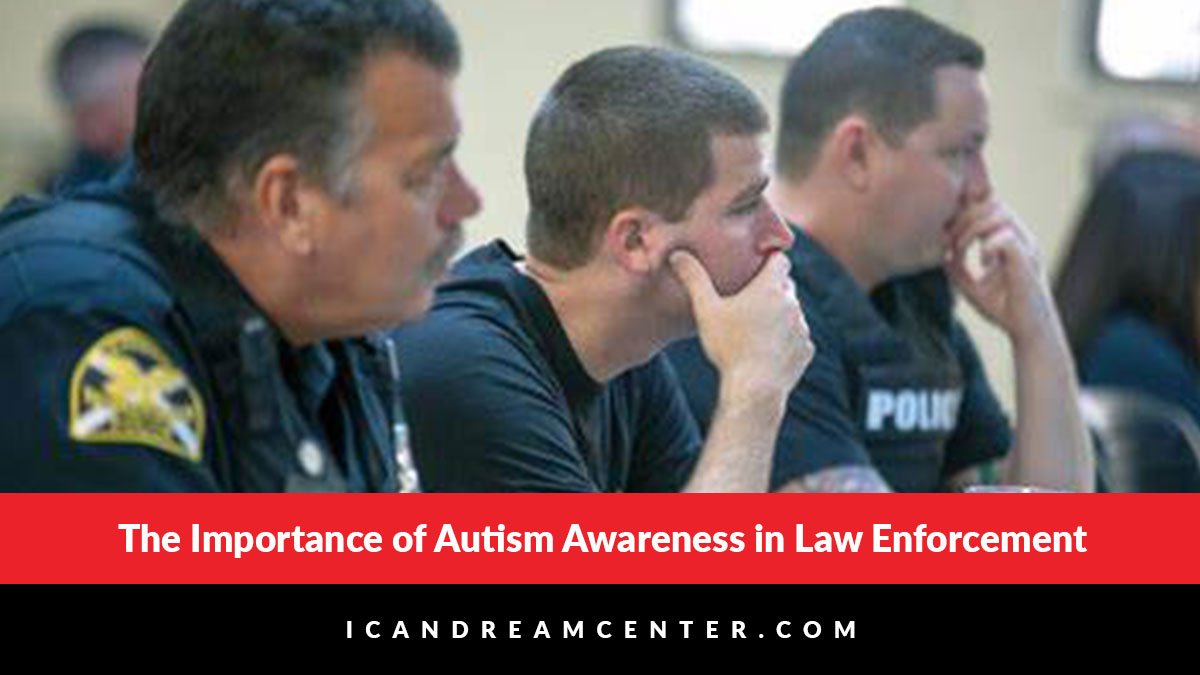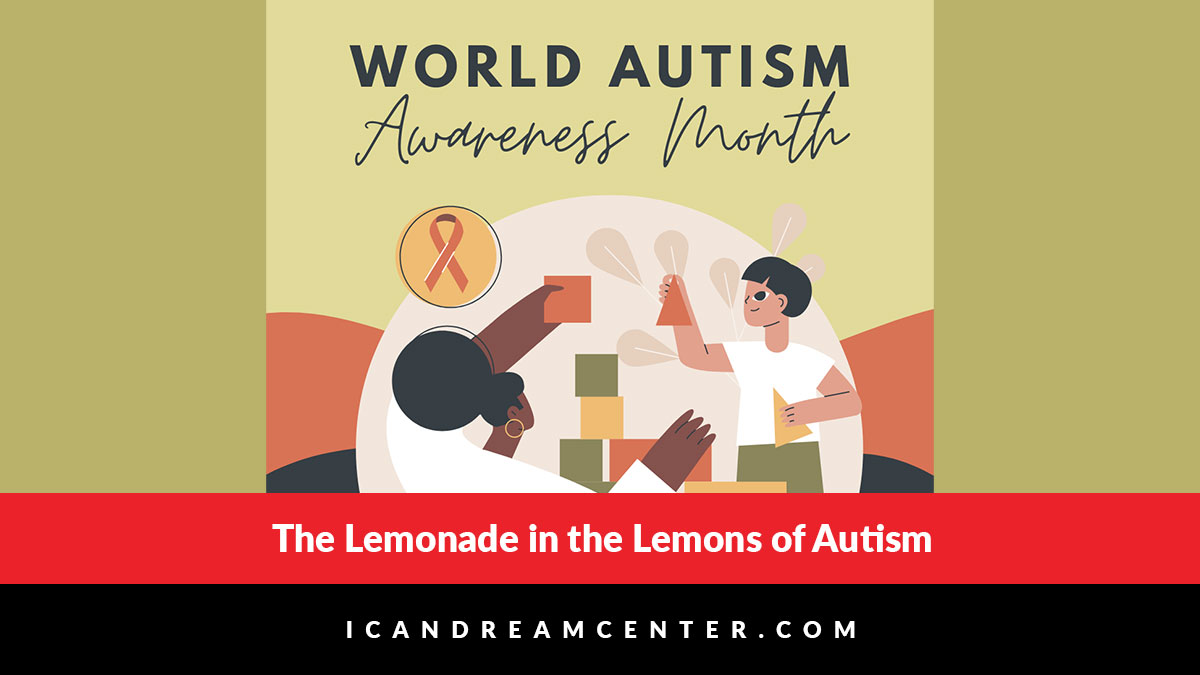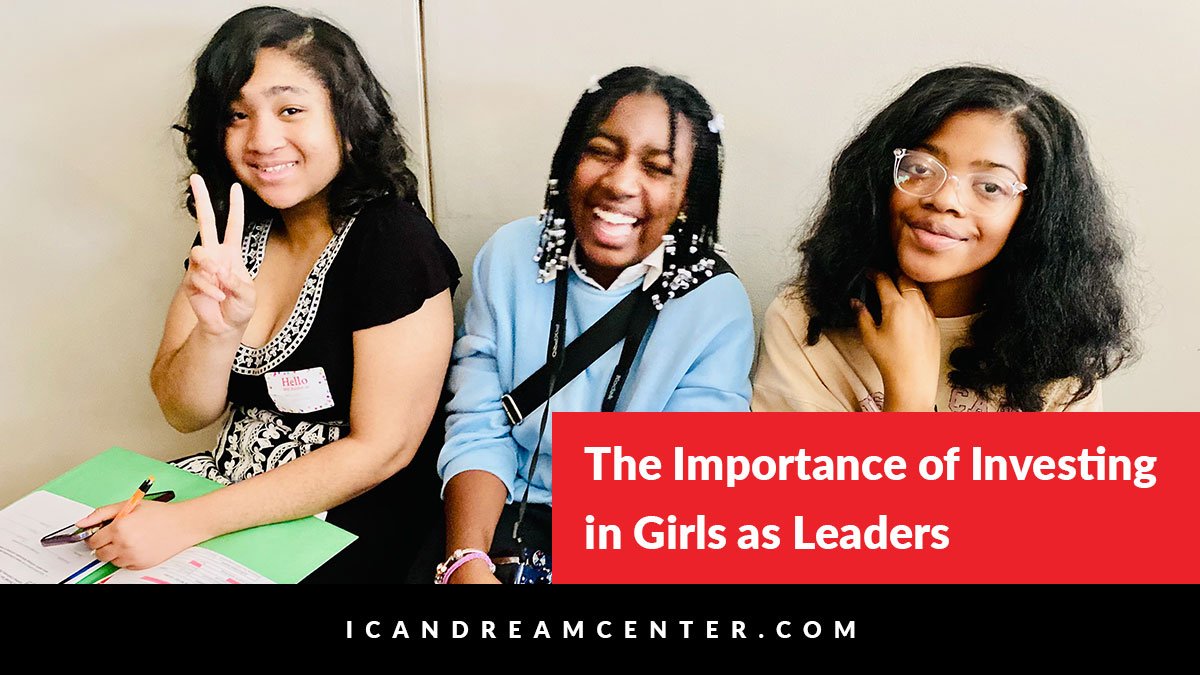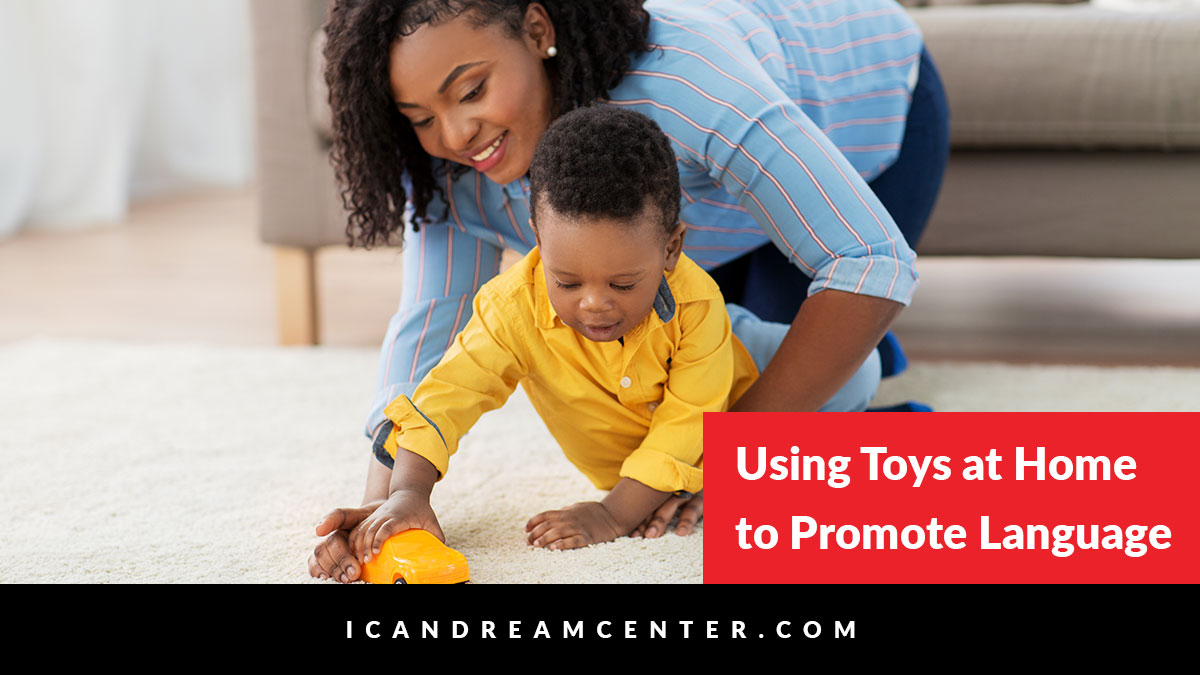When individuals with autism and other neurodivergent conditions of the brain go out in the world, they do not always “present as any different” than neurotypical individuals. But individuals with autism are different. Those differences can make them more vulnerable in society. Since their disability does not typically “look” like other more easily recognizable disabilities …










